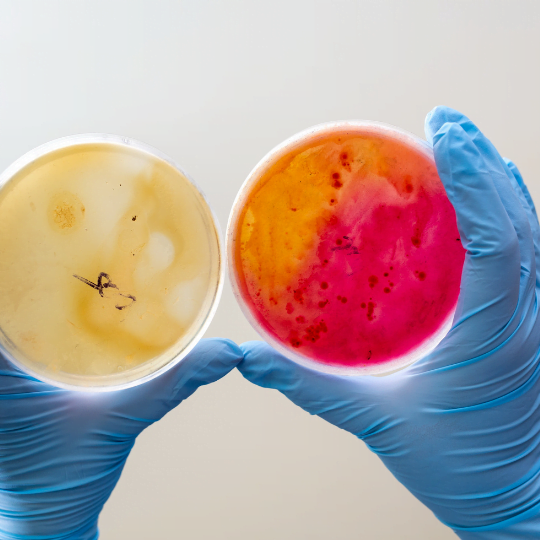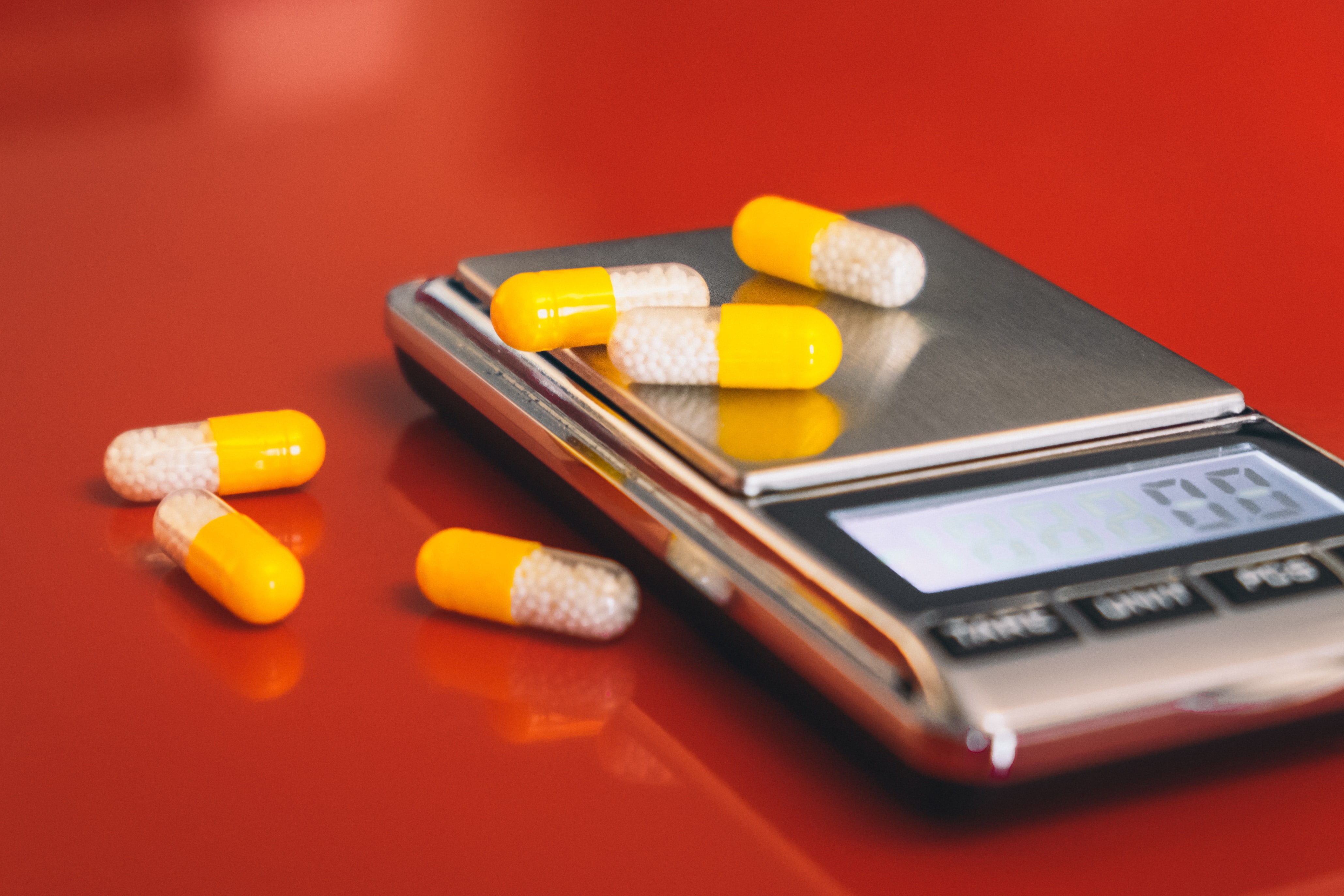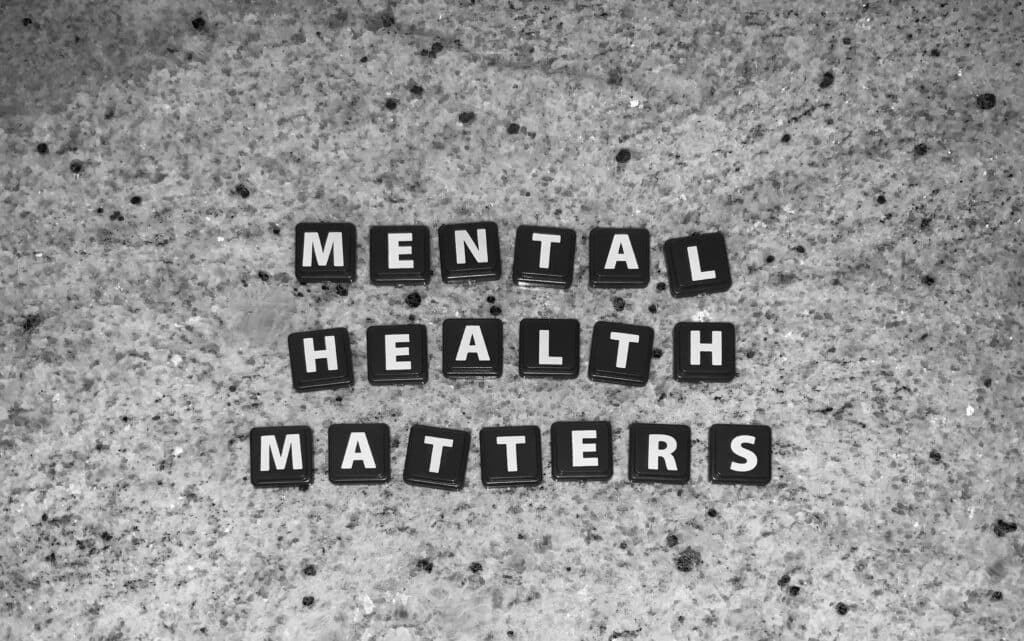Stomach infections are a common occurrence in young children. These infections are usually caused by a virus or bacteria and can often lead to vomiting and diarrhea. While most stomach infections are not serious, they can be very uncomfortable for your child.
The next three sections will go through how to spot a stomach infection in kids, what they might be, how to treat them (and when the compounding services of a compounding pharmacy might be helpful), and finally, how to prevent kids from infections in the first place.
1. How to spot a stomach infection in your child
Stomach infection is one of the most common illnesses affecting young children. These infections can cause various symptoms, including diarrhea, vomiting, and fever. While most stomach infections are not serious, they can be very unpleasant for your child.
There are a few things that you can look for to spot a stomach infection in your child. One of the most common symptoms is diarrhea. If your child has watery, loose stools more than three times a day, they may have a stomach infection. Other symptoms include vomiting, fever, abdominal pain, and loss of appetite.
If you suspect your child has a stomach infection, the best thing to do is to take them to a doctor. They will be able to confirm the diagnosis and prescribe the appropriate treatment. In most cases, stomach infections can be treated with rest and fluids. However, in some cases, antibiotics may be necessary.
2. The different types of stomach infections that can affect kids
There are many different types of stomach infections that can affect kids. Some of the most common include:
Salmonella
Salmonella is a type of bacteria that can cause an infection in the gut. It’s usually passed on through contaminated food, such as meat that hasn’t been cooked properly or eggs that have been contaminated with bacteria.
Treatment:
Symptoms of salmonella include diarrhea, vomiting, abdominal pain and fever. In most cases, the infection will clear up on its own within a week. However, some people may need hospital treatment if they become dehydrated or the infection spreads to other body parts.
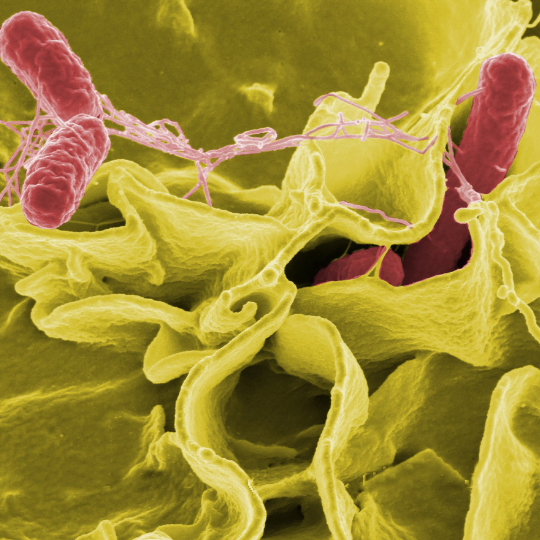
If your child has salmonella, it’s important to encourage them to drink plenty of fluids to prevent dehydration. You can give them clear fluids such as water, squash or weak tea. You can also give them oral rehydration solutions available from pharmacies.
If your child is under the age of five, see your GP if they develop diarrhea or vomiting, as they’re at risk of dehydrating.
You should also see your GP if you have salmonella, are pregnant, have a weakened immune system, or develop severe symptoms.
It’s important to practice good food hygiene to help prevent the spread of salmonella. This means cooking meat properly, washing your hands after handling raw meat, and not preparing food if you have diarrhea or vomiting.
E. coli
E. coli is a known bacteria and a common cause of food poisoning, and kids are especially vulnerable to its effects. Symptoms of E. coli infection include severe stomach cramps, diarrhea (often bloody), and vomiting. See a doctor immediately if your child has any of these symptoms.
Treatment:
There is no specific treatment for E. coli infection, and most kids will recover on their own within a week. However, some children may develop a serious complication called hemolytic uremic syndrome (HUS), which can lead to kidney failure. If your child is diagnosed with HUS, they will need to be hospitalized for treatment.
Shigella
This bacterial infection can cause diarrhea, vomiting, and fever. It is often contracted through contaminated food or water.
Treatment:
When it comes to treating Shigella in kids, the most important thing is to keep them hydrated. This can be done by giving them plenty of fluids to drink and IV fluids if necessary. Antibiotics may also be prescribed sometimes, but they are not always necessary. In most cases, the infection will clear up on its own within a week or two.
Rotavirus
This is a virus that can cause severe diarrhea and vomiting. It is the most common cause of severe diarrhea in young children.
Treatment:
Most children will be infected with rotavirus at least once before they turn five. Although it can be unpleasant, the good news is that it usually clears up on its own within a week.
There is no specific treatment for rotavirus; most children will recover without problems. However, there are some things you can do to help ease your child’s symptoms and make them more comfortable:
- Encourage them to drink plenty of fluids to prevent dehydration. Water, clear soup, and fruit juice are all good options.
- Give them over-the-counter medicines such as ibuprofen or paracetamol to help relieve pain and reduce fever.
- Avoid giving them dairy products as they can make diarrhea worse.
- If your child is vomiting, try giving them small sips of fluids often rather than large amounts all at once.
If your child is showing signs of dehydration, such as sunken eyes, a dry mouth, or decreased urination, then you should take them to see a doctor. They may need to be treated with fluids through a drip.
Norovirus
Treatment:
Norovirus is a highly contagious virus that causes vomiting and diarrhea. It is the most common cause of gastroenteritis, or stomach flu, in the United States. Norovirus is often called the “stomach flu,” although it is not related to the flu, which is a respiratory illness.
Norovirus is most commonly spread through contact with an infected person, contact with contaminated surfaces, or consuming contaminated food or water. The virus can be spread very easily and quickly, and people of all ages can be infected.
Norovirus is most commonly seen in the winter but can occur year-round. It is more common in institutional settings, such as hospitals, nursing homes, and daycare centers.
There is no specific treatment for norovirus, and it usually resolves on its own within a few days. However, the virus can be very serious in young children, the elderly, and people with weakened immune systems.
If your child has norovirus, the most important thing you can do is to keep them hydrated. Give them plenty of clear liquids, such as water, clear broth, and sports drinks. Avoid giving them milk or juices, as these can make diarrhea worse.
If your child is vomiting, let them vomit into a bowl or the toilet. Do not try to stop them from vomiting, as this can dehydrate them.
If your child has diarrhea, give them small, frequent doses of clear liquids. Avoid giving them solid food for a few hours after diarrhea has started. When they are ready to eat, give them small, bland meals.
If your child is having trouble keeping liquids down or if they are showing signs of dehydration, such as decreased urination, dry mouth, or sunken eyes, call your doctor. You may need to take them to the hospital for intravenous fluids.
Norovirus is highly contagious, so it is important to practice good hygiene to prevent the spread of the virus. Wash your hands thoroughly with soap and water, and disinfect surfaces that may be contaminated.
C. difficile
Treatment:
C. difficile is a bacterium that can cause severe diarrhea and other gastrointestinal problems. While it is most commonly seen in adults, it can also affect children. Treatment for C. difficile in kids typically involves antibiotics, although there are some natural remedies that may also be effective.
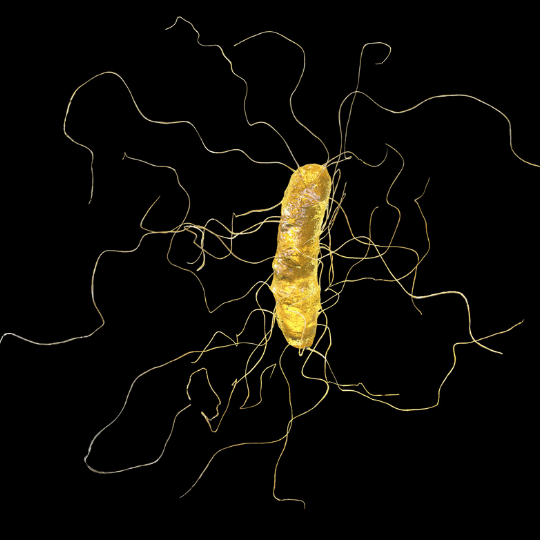
Clindamycin is normally used to treat that infection in adults. However, it is only available in capsule form, which might not be suitable for kids. So a compounding pharmacy can compound and prepare a liquid form of Clindamycin with a suitable taste for your kid as well.
If you are in Calgary, our compounding pharmacy (Chaparral Compounding Pharmacy – Remedy’sRx) will prepare that compound based on your doctor’s prescription and free-delivery it to your house. Our compounding pharmacist will answer all of your questions about the prepared compound and any other inquiries.
That being said, the first step in treating C. difficile in kids is to identify the source of the infection. If the child has been already taking antibiotics before being prescribed to him/her, or the doctor was not aware that the child is already taking antibiotics for another reason, they will need to be stopped. Antibiotics could cause C. difficile infections, so it is important to discontinue their use if possible.
If the child has not been taking antibiotics, the next step is to identify any other potential sources of the infection. This may include contact with someone with C. difficile, exposure to contaminated food or water, or contact with animals carrying the bacteria.
Once the source of the infection has been identified, the next step is to start treatment. Antibiotics are the most common form of treatment for C. difficile in kids, but there are some natural remedies that may also be effective.
Probiotics are one of the most popular natural remedies for C. difficile in kids. Probiotics are live bacteria that are found in yogurt and other fermented foods. They can help to restore the balance of good and bad bacteria in the gut, which can help to reduce the symptoms of C. difficile.
Probiotics are available in supplement form or can be found in some yogurts and other fermented foods.
Another popular natural remedy for C. difficile in kids is the use of probiotic enemas. Probiotic enemas are a type of enema that contains live bacteria. These enemas can help to flush out the bad bacteria from the gut, which can help to reduce the symptoms of C. difficile.
Probiotic enemas are available in supplement form or can be made at home using probiotic yogurt.
A few other natural remedies may be effective in treating C. difficile in kids. These include the use of herbs such as goldenseal and Oregon grape, as well as the use of probiotic-rich foods such as kefir and sauerkraut.
In some cases, surgery may be necessary to treat C. difficile in kids. Surgery is typically only necessary if the child has a severe C. difficile and other failed treatments.
If you suspect that your child has C. difficile, it is important to see a doctor as soon as possible. C. difficile can be a serious infection, and getting treatment as soon as possible is important.
3. Preventing stomach infections in kids
Stomach infections are a common occurrence in kids, especially during the winter months. While they are usually not serious, they can be very uncomfortable for your child. There are a few things you can do to help prevent stomach infections in your kids.
First, make sure your child is washing their hands regularly and thoroughly. This is one of the best ways to prevent any type of infection, including stomach infections.
Second, avoid letting your child share food or drinks with other kids. This includes sharing straws, cups, or utensils.
Third, make sure your child is eating a healthy diet. A diet that is high in fibre and low in sugar can help to prevent stomach infections.
Fourth, if your child does get a stomach infection, make sure they drink plenty of fluids and get plenty of rest. These will help them to recover quickly.
Finally, if you still have concerns about your child’s stomach infections, talk to your doctor. He can recommend further steps to help prevent them.
Thanks for reading this blog post. If you like it, please share it using the buttons below with your friends, family, and colleagues.
